The manufacturing industry is undergoing a transformative shift, driven by advancements in industrial automation technologies. From robotics and artificial intelligence to IoT (Internet of Things) and predictive analytics, the future of industrial automation holds immense potential to revolutionize production processes, enhance efficiency, and unlock new opportunities for growth. In this blog post, we’ll explore key trends and innovations shaping the future of industrial automation, with a focus on a specific subsector: automotive manufacturing.
Robotics in Automotive Manufacturing:
Top Emerging Trends and Innovations in Industrial Manufacturing Automation
In the automotive industry, robotics is playing a pivotal role in streamlining production processes and improving efficiency. From robotic arms performing precision welding and assembly tasks to autonomous guided vehicles (AGVs) transporting materials and components across the factory floor, robotics is enabling automotive manufacturers to achieve higher levels of productivity, quality, and flexibility in their operations.
Integration of Artificial Intelligence (AI):
Artificial intelligence is revolutionizing automotive manufacturing by enabling predictive maintenance, quality control, and adaptive manufacturing processes. AI-powered algorithms analyze vast amounts of data in real-time to identify patterns, optimize production schedules, and detect anomalies, allowing manufacturers to minimize downtime, reduce waste, and enhance product quality.
IoT and Smart Manufacturing:
The IoT is driving the emergence of smart manufacturing ecosystems in the automotive industry, where interconnected devices, sensors, and machines communicate and collaborate in real-time. From connected assembly lines and predictive maintenance systems to smart inventory management solutions, IoT technologies are enabling automotive manufacturers to achieve greater visibility, agility, and responsiveness in their operations.
Additive Manufacturing (3D Printing):
Additive manufacturing, or 3D printing, is revolutionizing automotive prototyping, tooling, and production processes. From rapid prototyping of vehicle components to on-demand production of spare parts, additive manufacturing technologies are enabling automotive manufacturers to accelerate innovation, reduce time-to-market, and achieve greater design freedom and customization capabilities.
Conclusion:
As automotive manufacturers embrace the transformative potential of industrial automation, the future of manufacturing is poised for unprecedented innovation and growth. By leveraging robotics, AI, IoT, and additive manufacturing technologies, automotive manufacturers can drive operational excellence, enhance product quality, and unlock new opportunities for competitiveness and success in an increasingly dynamic and interconnected global marketplace.


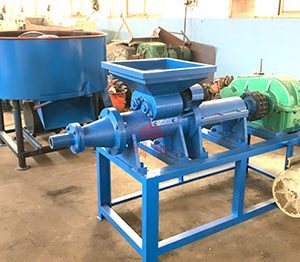
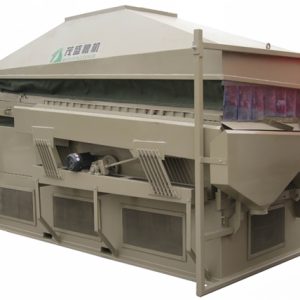
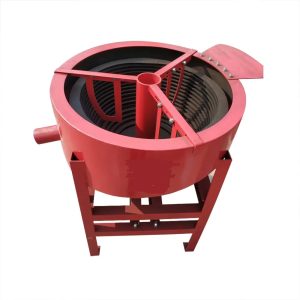




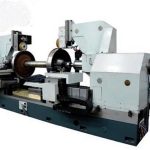


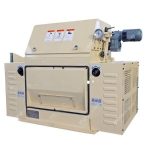
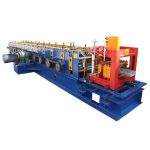
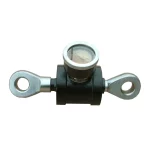

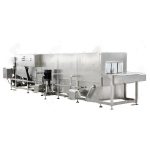
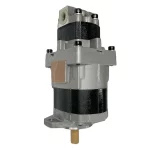




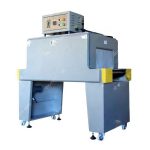
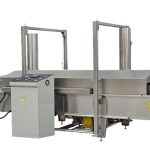

0 Comments